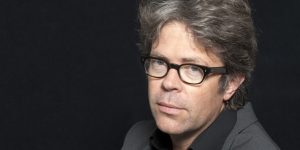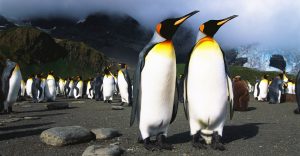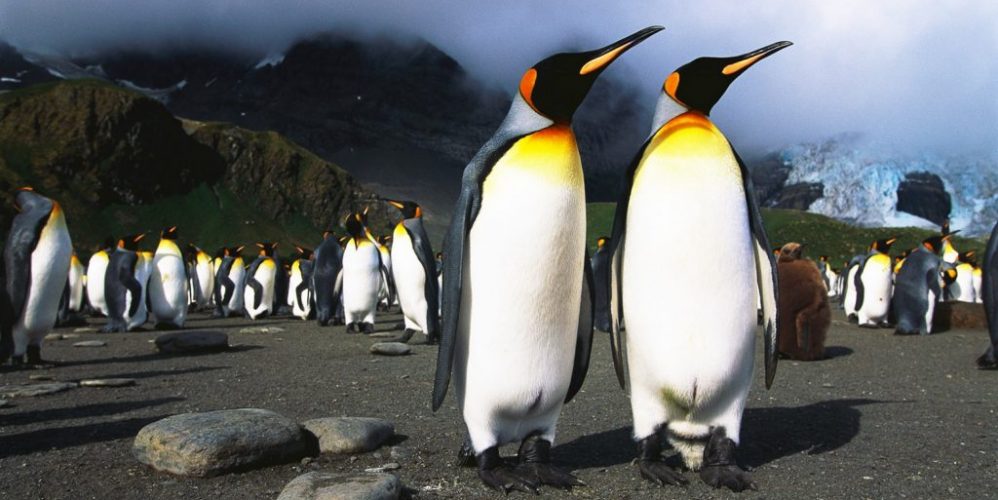If an essay bundle obsesses your mind for weeks, it must be well-written. Jonathan Franzen (1958) communicates the urgency of his message in a refined way. The American author has not chosen for the detour of the novel (The corrections (2001), Freedom (2010), Purity (2015)), but he addresses his audience in a direct way.
In the opening piece ‘The Essay in Dark Times’ Franzen sketches a modern world in which subjectivity, authenticity and ego-orientation have become the standard, even in serious journalism. Opinions and impressions have become more important than facts. Yet the genre of the personal essay does not flourish. The reason for this, writes Franzen, is that essays are written to convince others. Most people, however, have no need to take note of other people’s opinions: “We spend our days reading, on screens, stuff we’d never bother reading in a printed book, and bitch about how busy we are.”

An American prophet seems to have risen here. Jonathan Franzen, who has European roots and a Protestant background, is driven by a combination of guilt and “depressed realism”. His undiplomatic urge to “say what he needs to say” has brought him into trouble before. Yet, in The End of the End of the Earth, Franzen does not come across as someone who knows it all because he examines his own behaviour as well and he shares his advancing insights with his readers in an honest manner.
Franzen has a mission: we underestimate the climate problem, the biggest threat that the world has ever faced. “Even the European Union, which had taken the early lead on climate, and was fond of lecturing other regions on their irresponsibility, needed only a recession in 2009 to shift its focus to economic growth.”
Jonathan Franzen is not a fine writer. In this essay-collection he not only omits fiction, it is as if he has left out all literary frill on purpose to underline the importance of his message. Many of his essays are about birds, a field in which he is a real expert. By describing the impact of climate change on the life and the welfare of migratory birds worldwide, Franzen puts his subject in a completely different light.

Franzen shows glimpses of the richness of the bird world using fascinating observations like: “To see a king penguin in the wild seemed to me, in itself, sufficient reason not only to have made the journey; it seemed reason enough to have been born on this planet.”
Some of Franzen’s essays are about the art of writing itself. As a result, you start to understand why this book has such a deep impact. Writing is organizing your thoughts. When you write, you discover what you merely suspected before. Franzen has converted his expertise of bird migration and climate change into the clearest prose possible. His statement about the danger of global warming is convincing: it is far worse than we thought.

The most worrying thing is that Franzen writes that climate scientists know that it is too late to turn the tide, but that they still insist on global behavioural change to make the consequences not more disastrous than they already are. The irony is that because Franzen has the courage to say this, some environmentalists have called him a ‘climate denier’. Substantive criticism about issues that you essentially support is no longer understood, which proves how divided people have become and how delicate distinctions submerge in today’s Twitter reality. Franzen doesn’t stick to his notion of ‘man as nature’s enemy’. He also refers to the example of Francis of Assisi who had a sincere and vulnerable love for nature. In Franzen’s own words: ‘’Love is a better motivator than guilt’’
Jonathan Franzen – The End of the End of the Earth, essays, Farrar, Straus and Giroux (November 13, 2018), 240 pages.
(This was published in Dutch Daily Newspaper Nederlands Dagblad on November 9, 2018)





